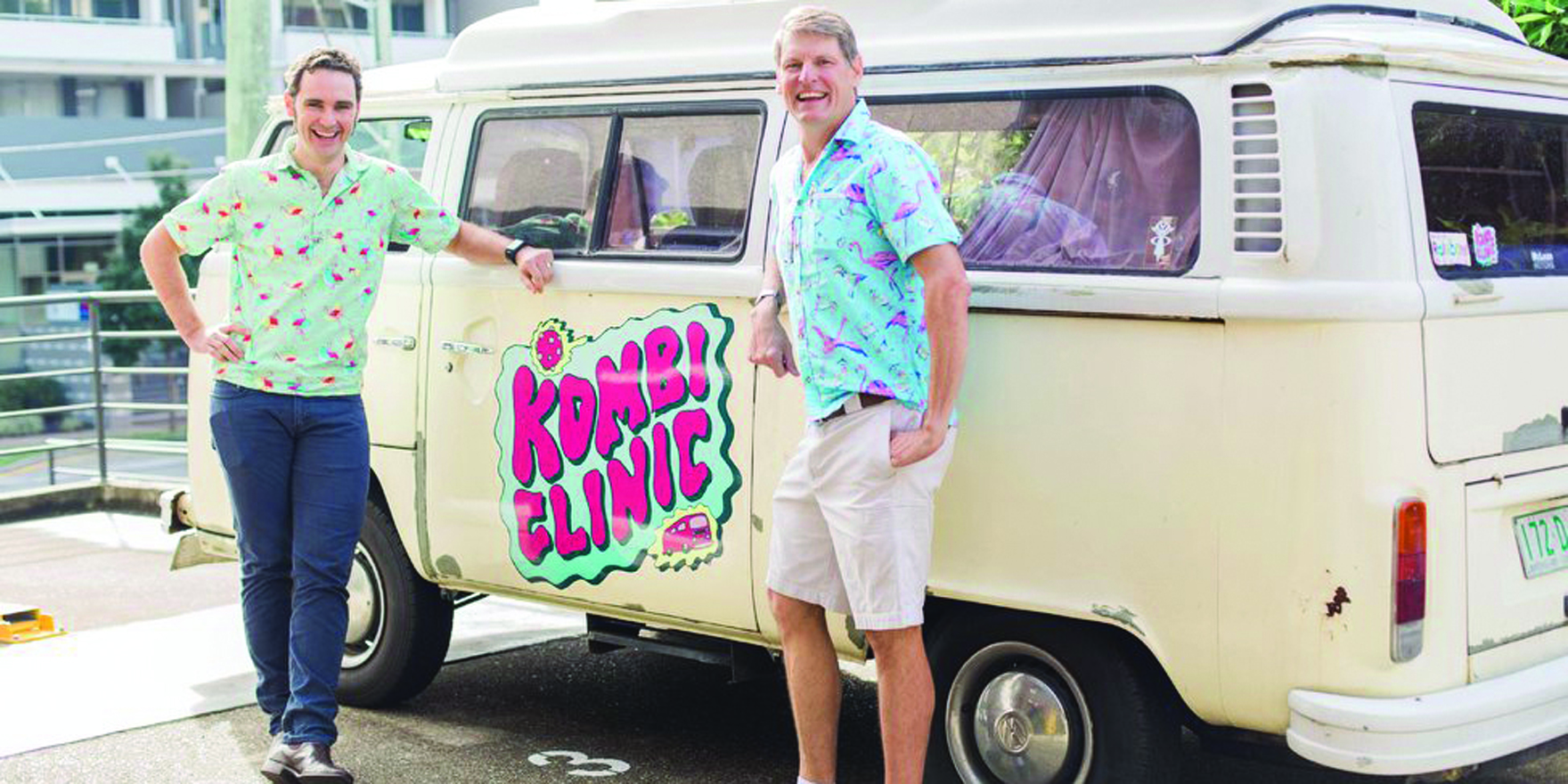A forum next month in Adelaide will serve as a call to arms for GPs to lead push to eradicate hepatitis C
GPs will be asked to take on a bigger role in screening and treating for hepatitis C to reverse a worrying slide in the number of patients entering treatment.
After initial fast work in uptake and cure rates following the introduction of affordable direct-acting anti-viral drugs in 2016, new patients have plunged and some two-thirds of known cases remain untreated.
A forum next month in Adelaide will serve as a call to arms for GPs to lead the push to eradicate the blood-borne virus.
“Hep C is no longer the domain of gastroenterologists. It is bread-and-butter GP medicine,” Brisbane GP Dr Joss O’Loan, one of the organisers, told The Medical Republic.
“This is the kind of medicine we need to be involved in as part of our routine GP practice – screening for hep C, treating hep C, curing hep C. We need to take it out at the knees.”
The August 12 educational event will culminate in the adoption of the “Aus GPs End Hep C Pledge”, with targets towards the elimination of HCV by 2030.
“One of the targets will be to raise the proportion of GPs prescribing (for HCV) from 10% to 20% by 2020 – and by 2025, for 75% of hep C scripts to be written by GPs,” Dr O’Loan, who is part of the team behind Brisbane’s “Kombi Clinic” outreach program, said.
“We will have GPs coming from around the country, to listen, to talk about their success stories and the hurdles they have been able to get over, and teach each other.”
After the anti-viral drugs became available in March 2016, with an outlay of more than $1 billion under then health minister Sussan Ley, 30,400 people were cured of HCV within nine months, according to the Kirby Institute.
With early monthly take-up rates of 3000 to 4000 patients, the government accepted the 2030 target for eliminating the virus.
That goal is considered unreachable at recent initiation levels of 1200 to 1350 per month. Elimination would require an uptake of 20,000 people a year, the Kirby Institute said.
“Obviously for elimination to be achievable, we need to have a mass clear-out, a mass cure of hep C. If we just tap along, we are just going to be treating new cases and not getting to the pool of hep C, as it were, Dr O’Loan said.
“The other thing is that the treatment is easy, simple stuff. Side-effects are fairly minimal, if at all. It’s a short regime, only 12 weeks, and there are only three suppliers of the drugs, which are all similar in terms of efficacy.”
The early rush of demand was because specialists had been “warehousing” patients, in anticipation of the new drugs becoming available.
“The old hep C treatment was fairly horrendous – interferon, ribavirin, side-effects as long as your arm – and success rates were pretty dismal by today’s standards,” Dr O’Loan said.
“So for about two or three years they waited, where they could, until the new drugs came. We had this great uptake initially, mainly those warehoused patients.
“Two years down the track, we are looking at regular run-of-the-mill patients that come in with hep C who need to be treated.”
The number of cases in Australia in 2014 was estimated at 230,000, or about 1% of the population. About 180,000 cases are still to be treated.
The federal subsidy program, one of the first in the world, slashed the treatment cost from up to $100,000 per patient to just $38.30, but is capped at five years.
Advocates say every dollar spent on curing hep C leads to a saving of $4 to $5 for the health system by easing the burden of more serious disease.
“The way I see it, Gardasil was brought out as a vaccination against a virus, but it was sold as a vaccination for cervical cancer prevention,” Dr O’Loan said.
“This (HCV) treatment is, really, cancer prevention.”
Australia could still become the first country in the world to declare itself HCV-free, he added.
GPs who wish to register for the free Adelaide forum should contact education@ashm.org.au or call 02 8204 0796.
The event, preceding the August 13-15 Australasian Viral Hepatitis Conference, is being organised by the Australasian Society for HIV, Viral Hepatitis and Sexual Health Medicine, with funding from the Kirby Institute.


